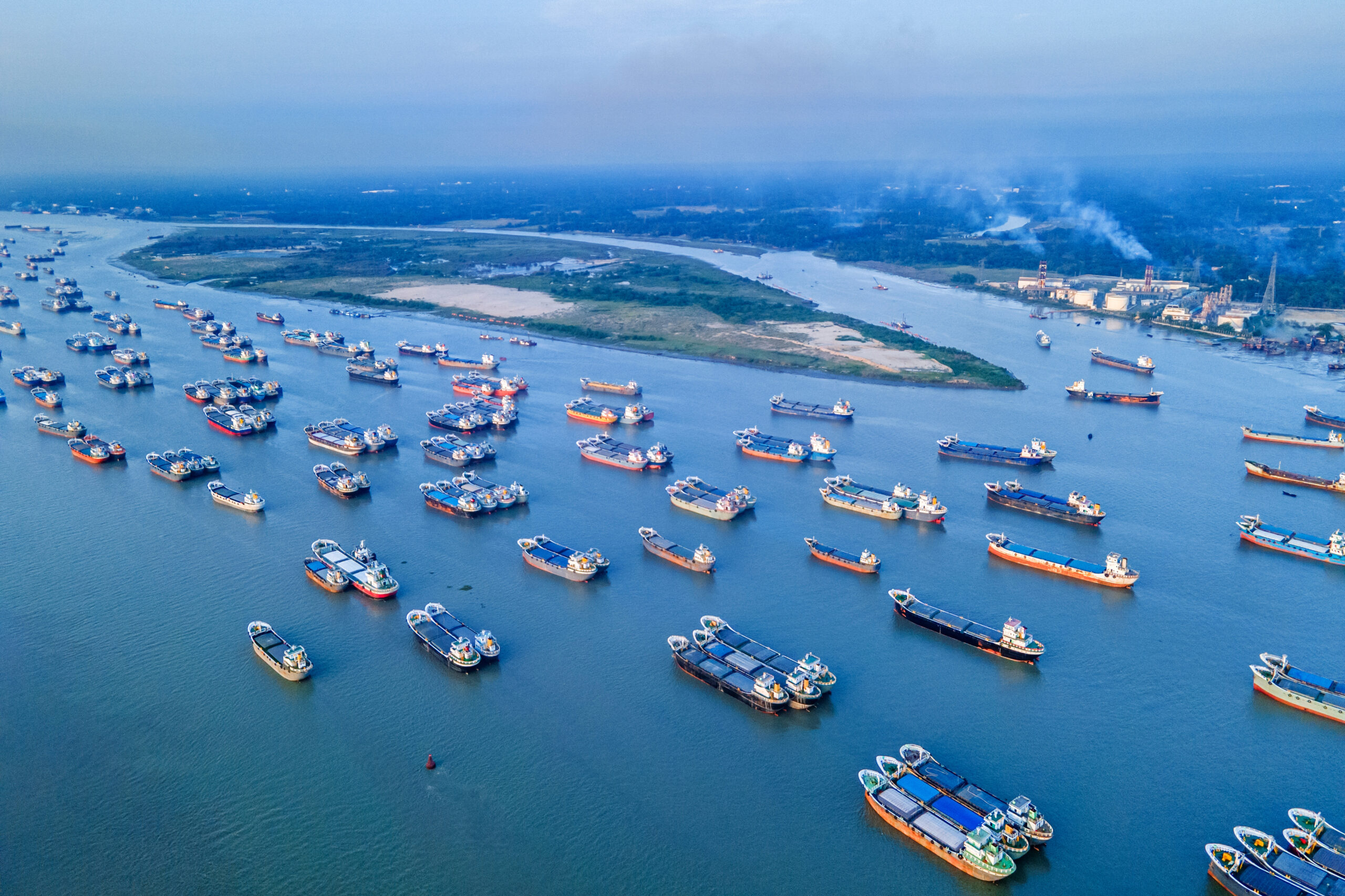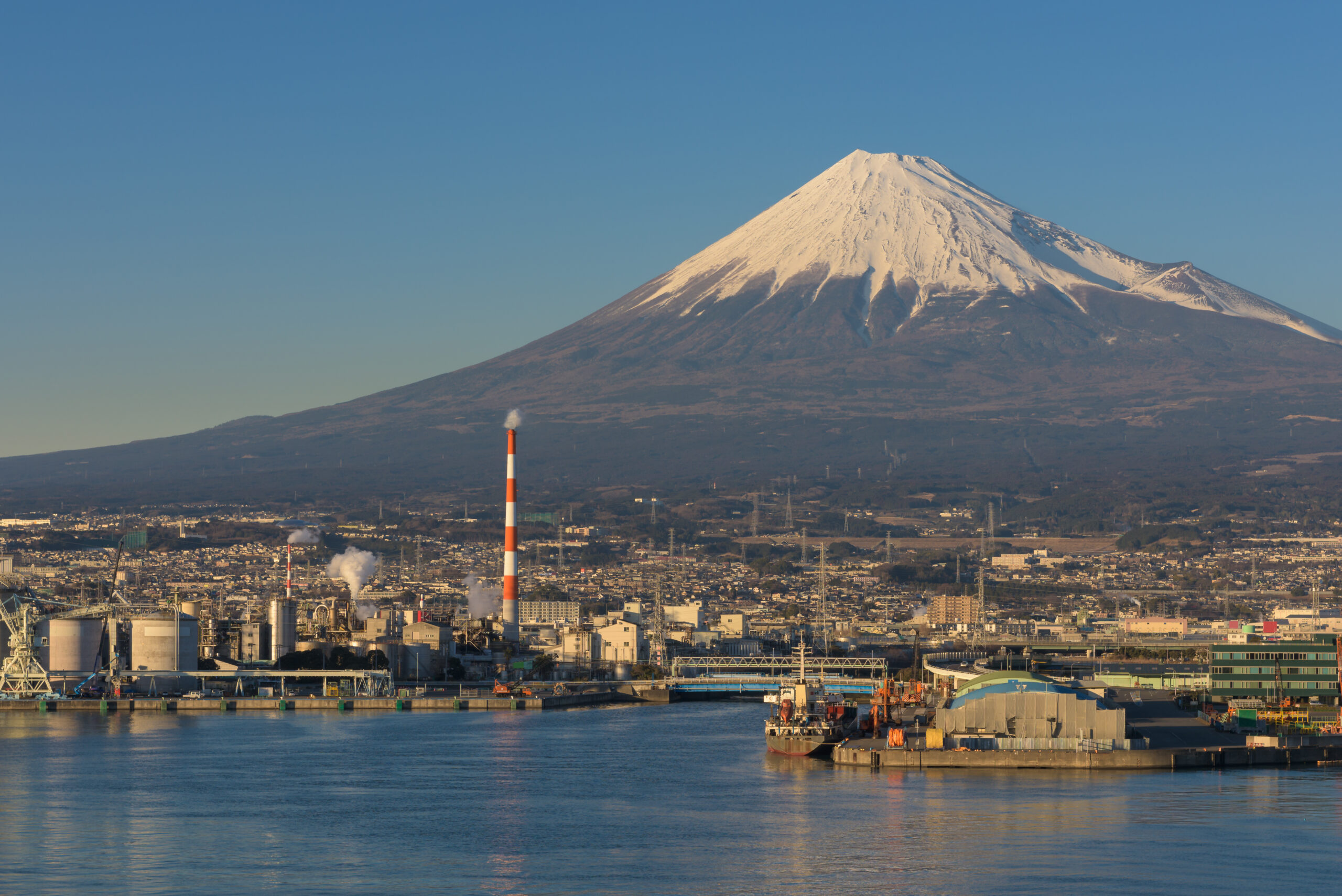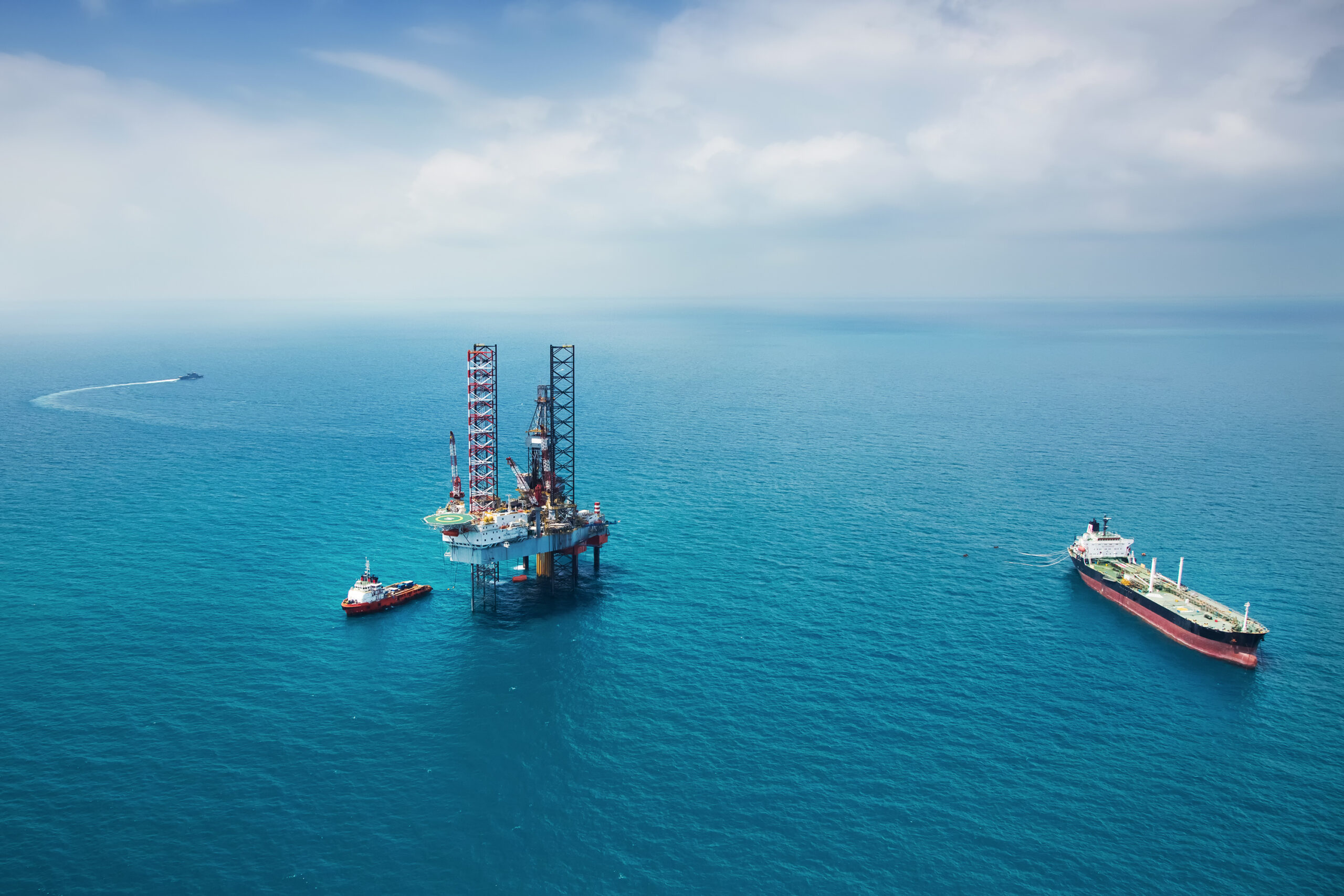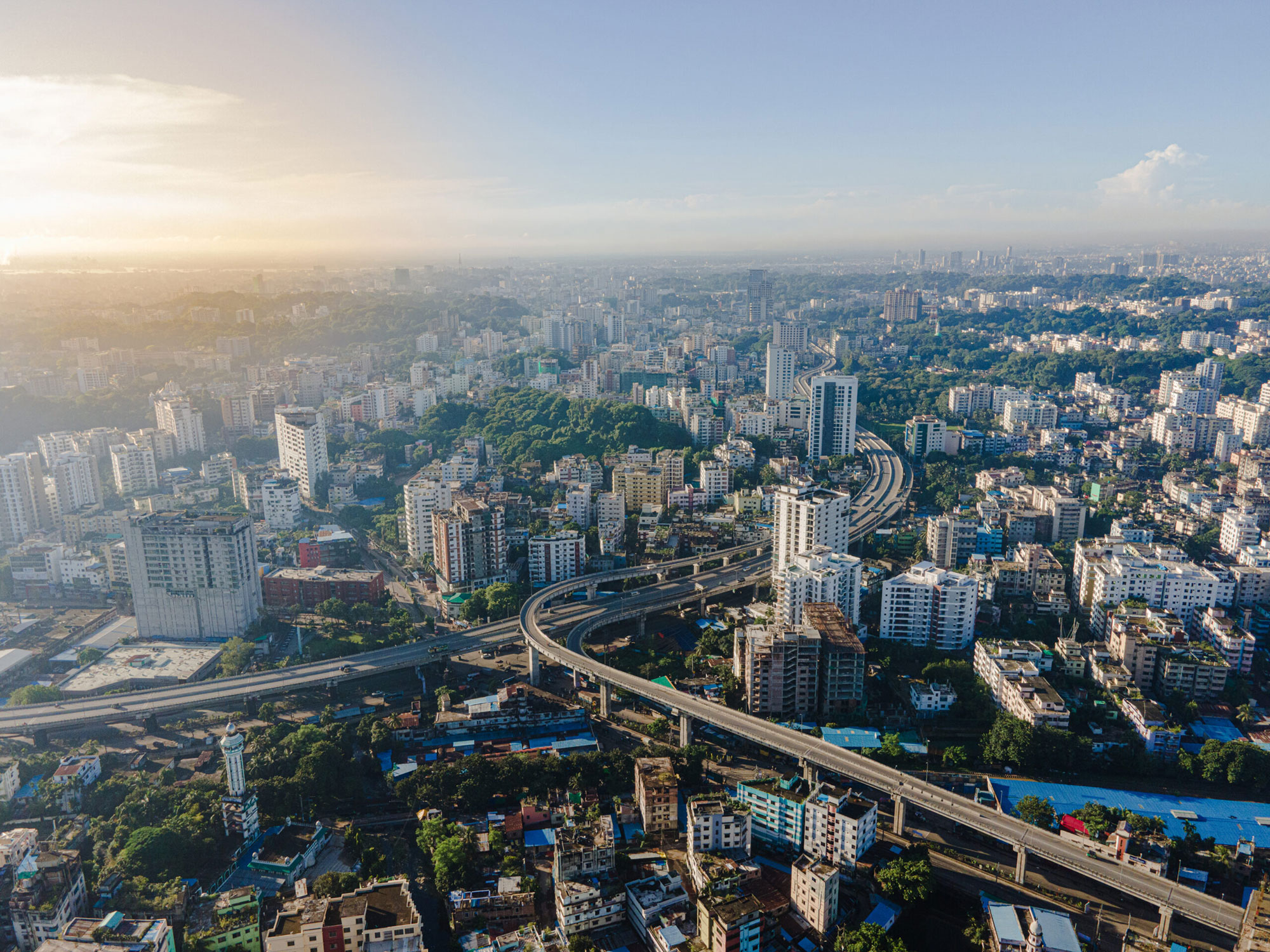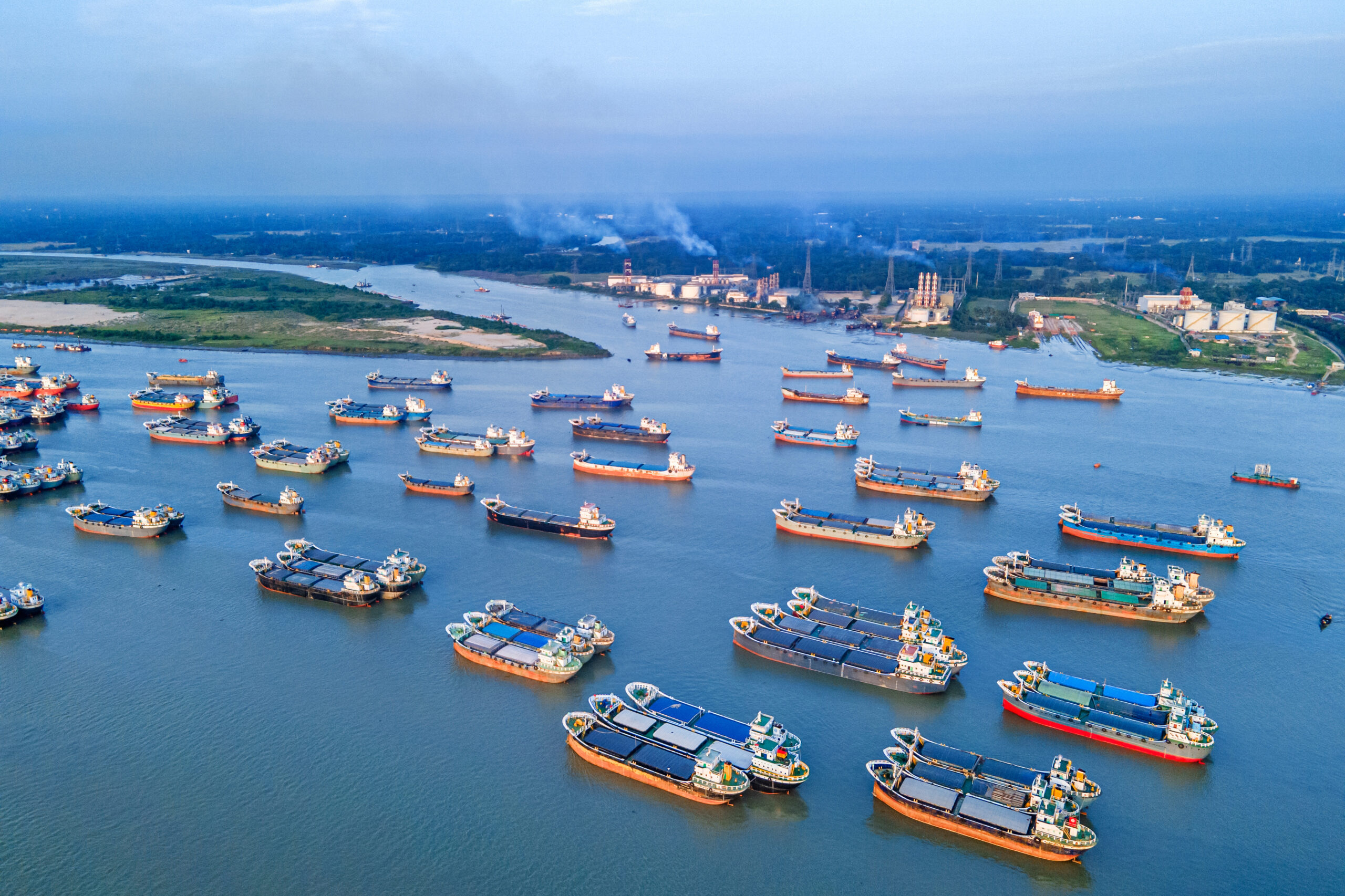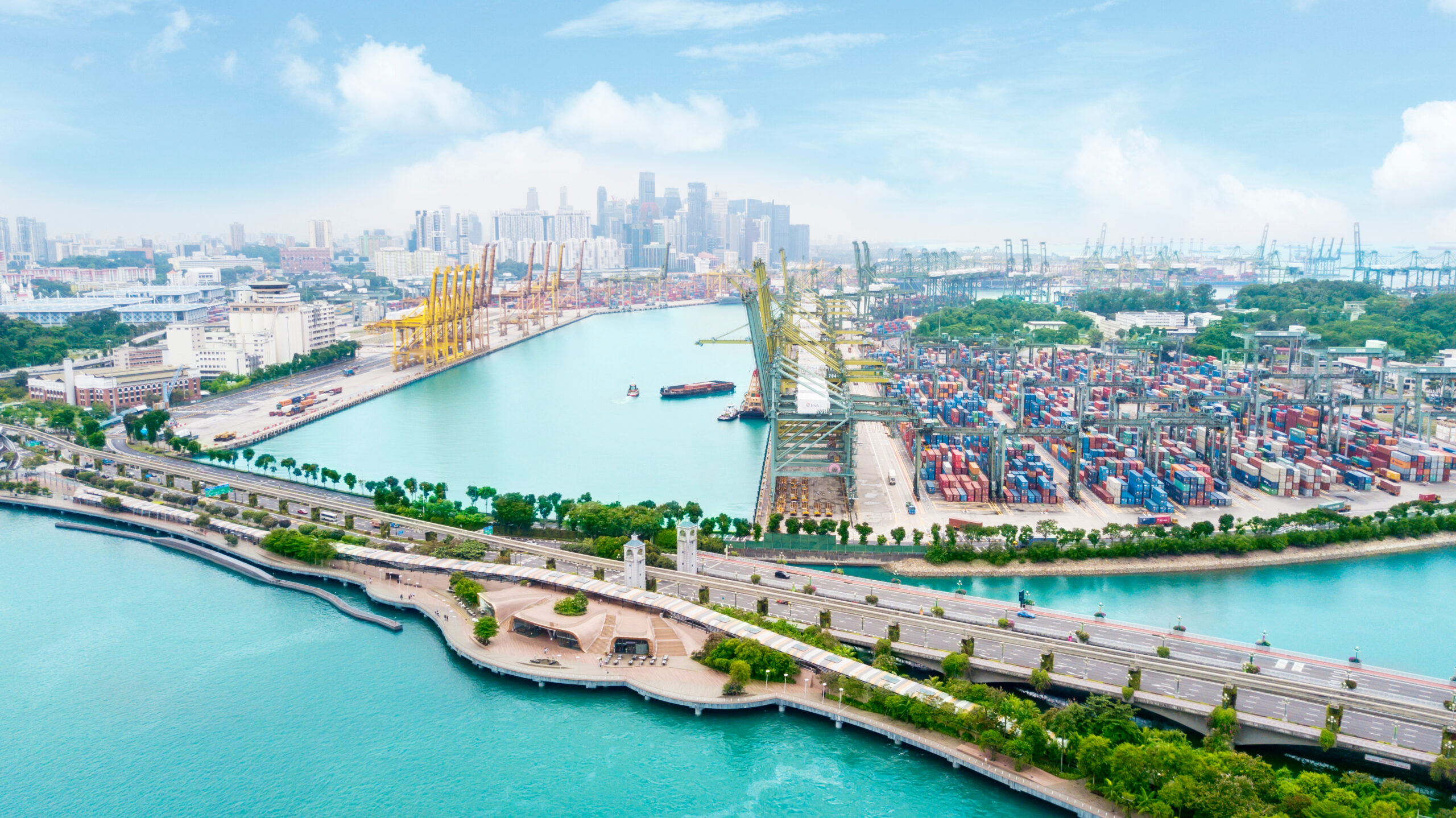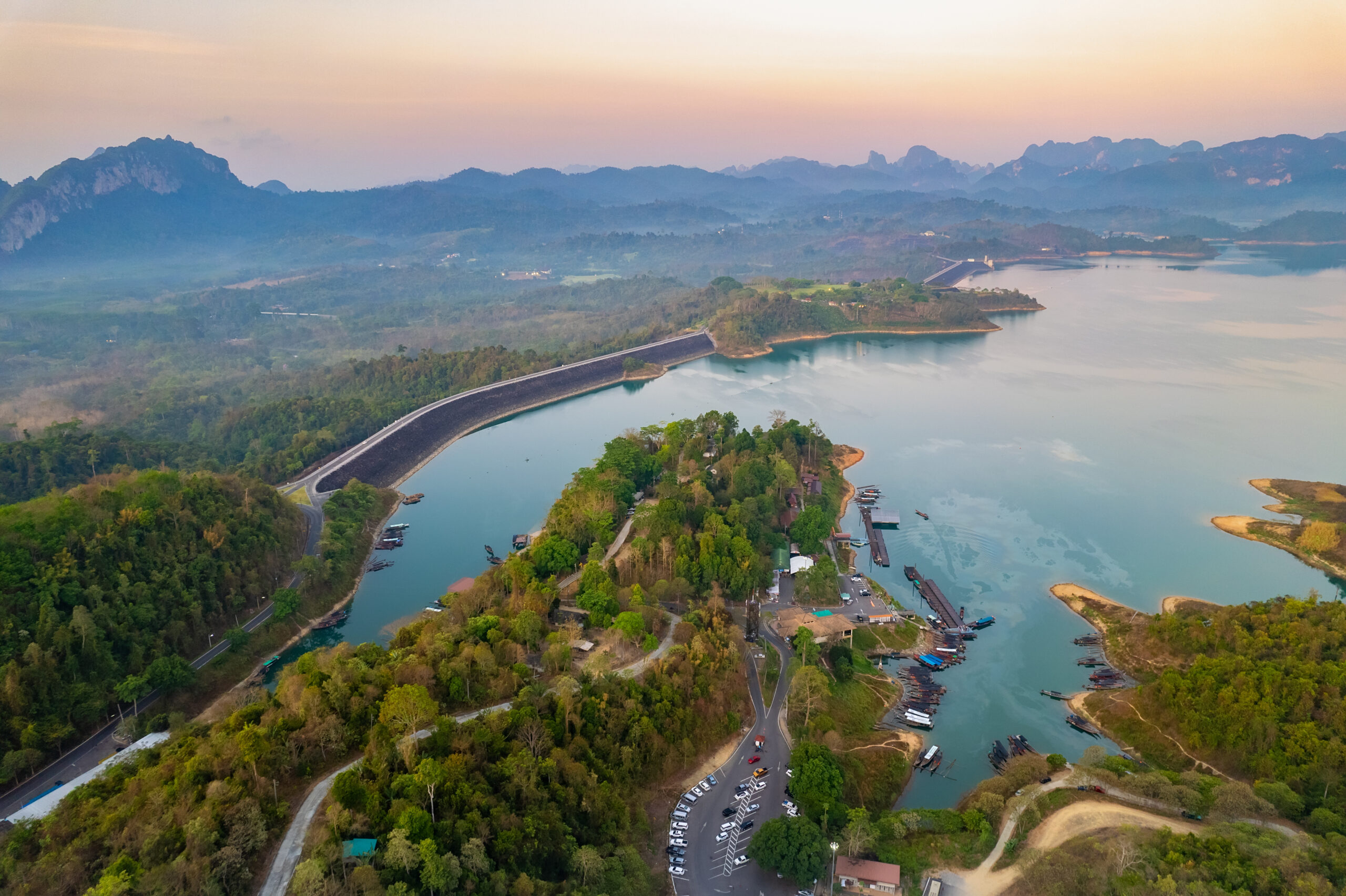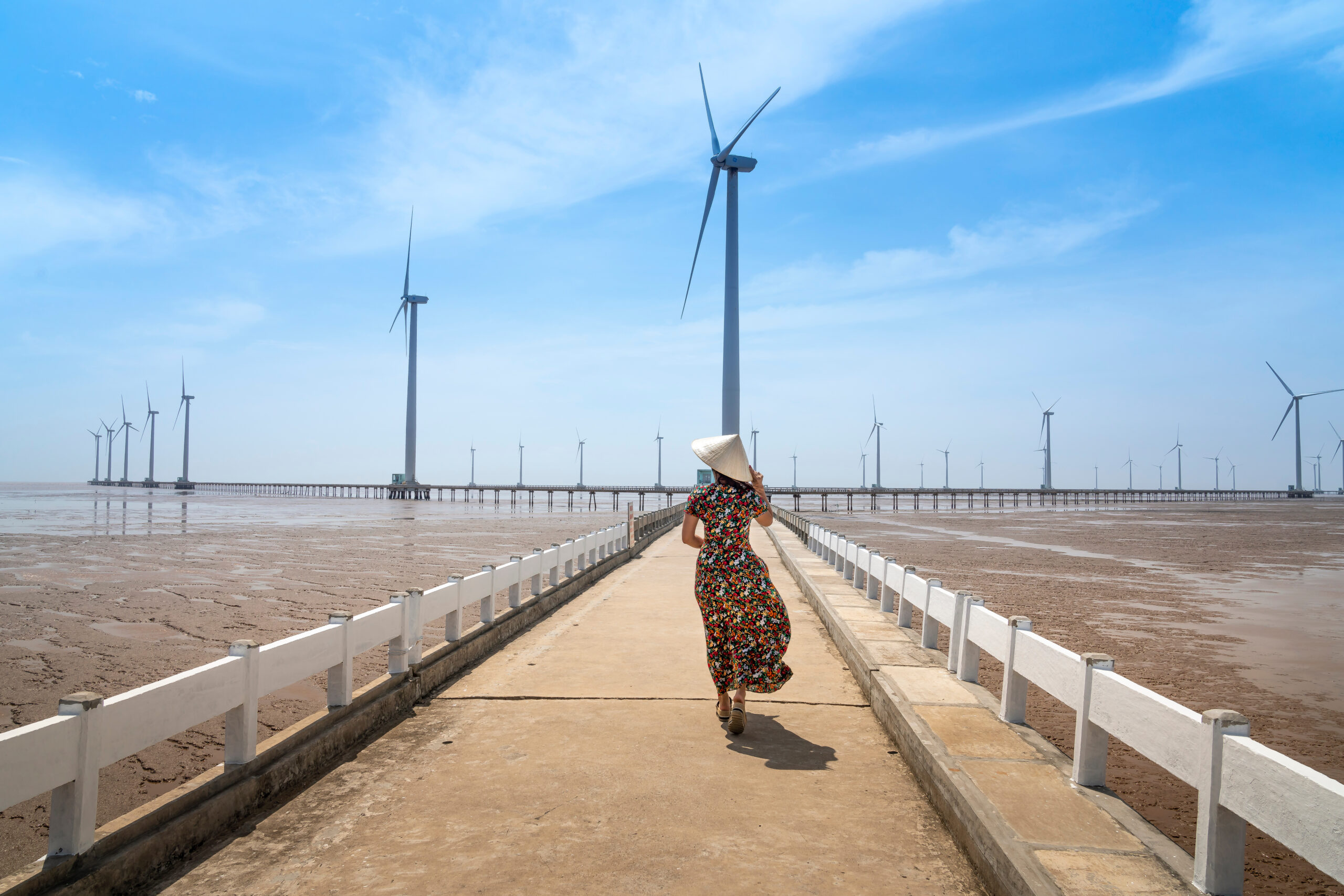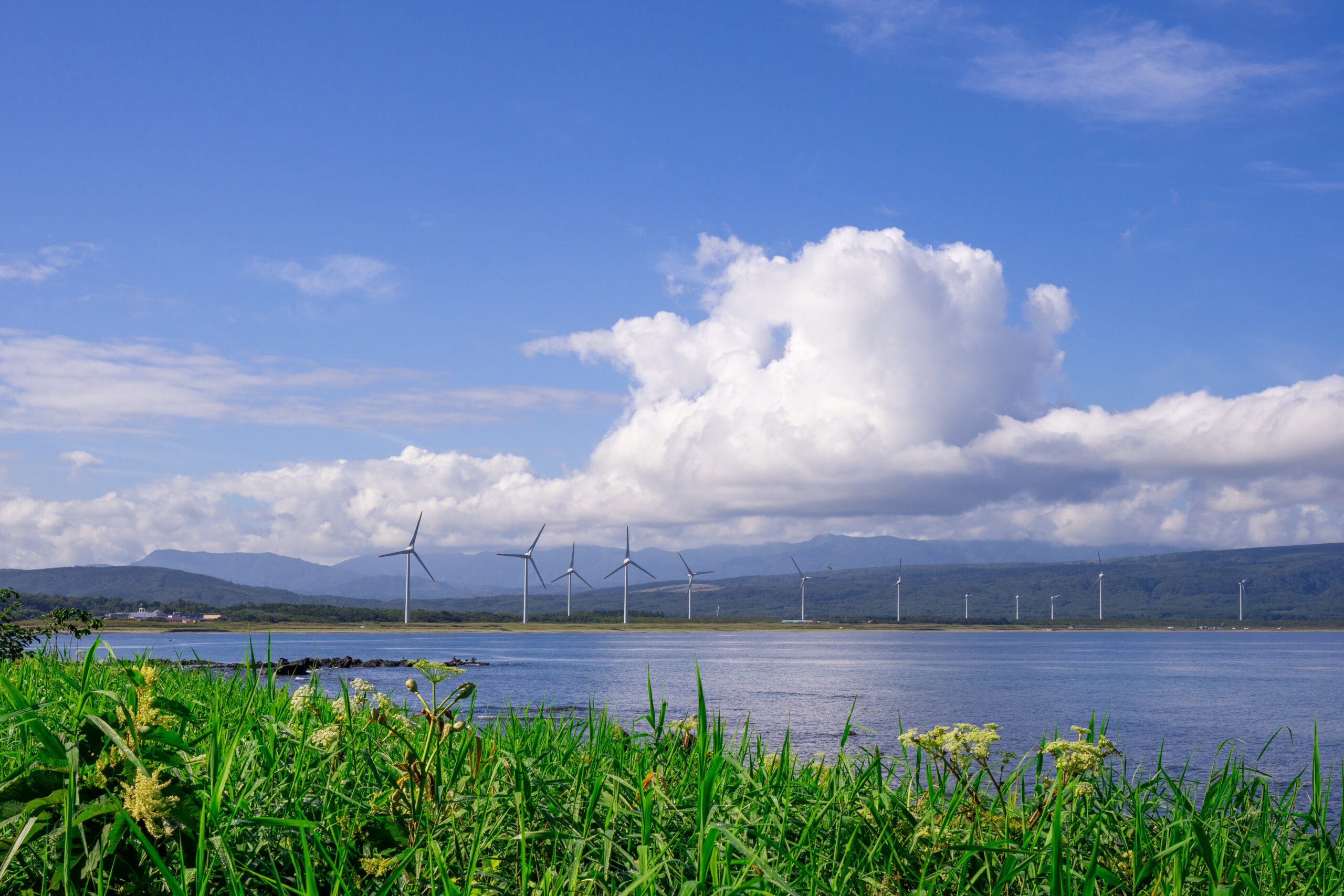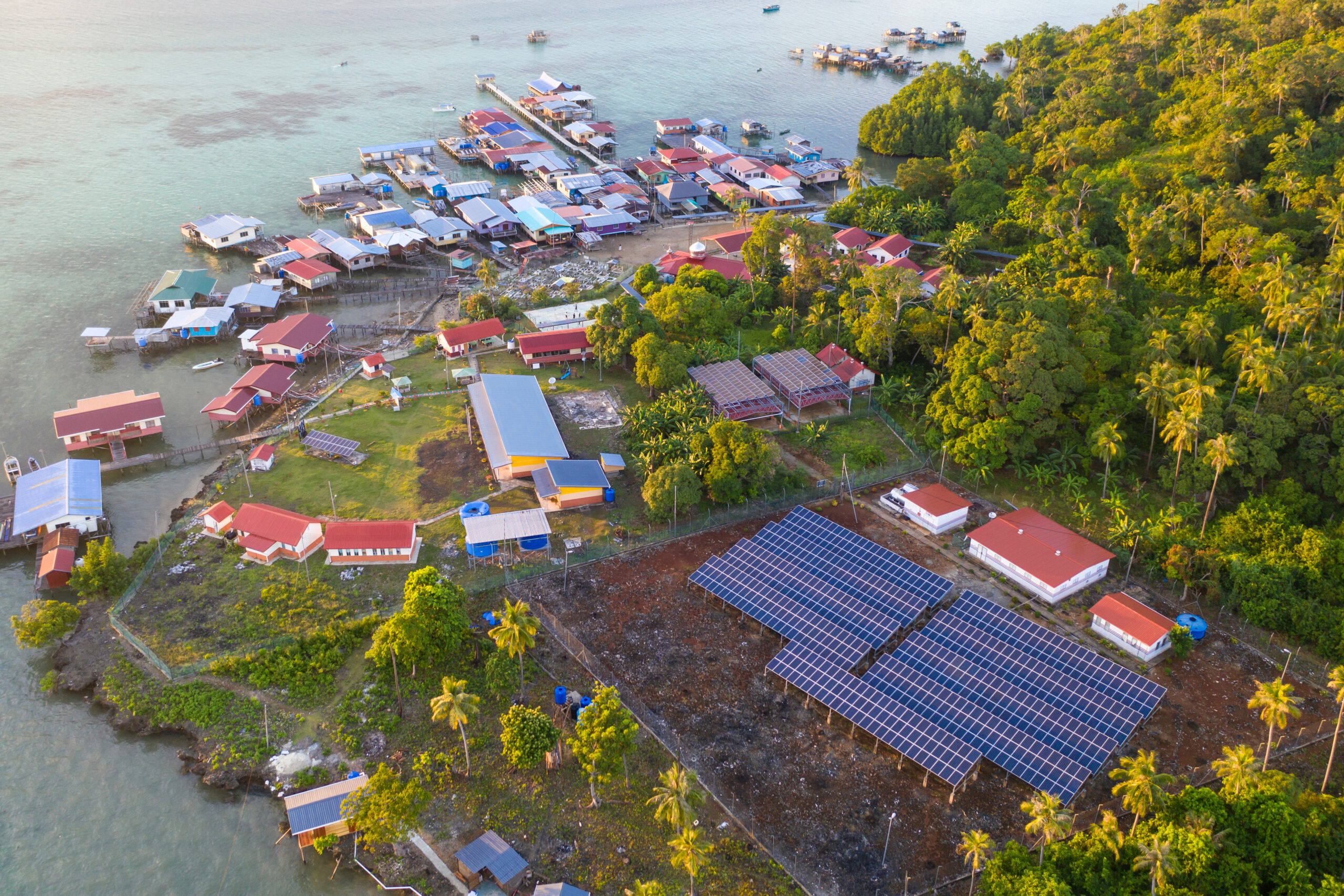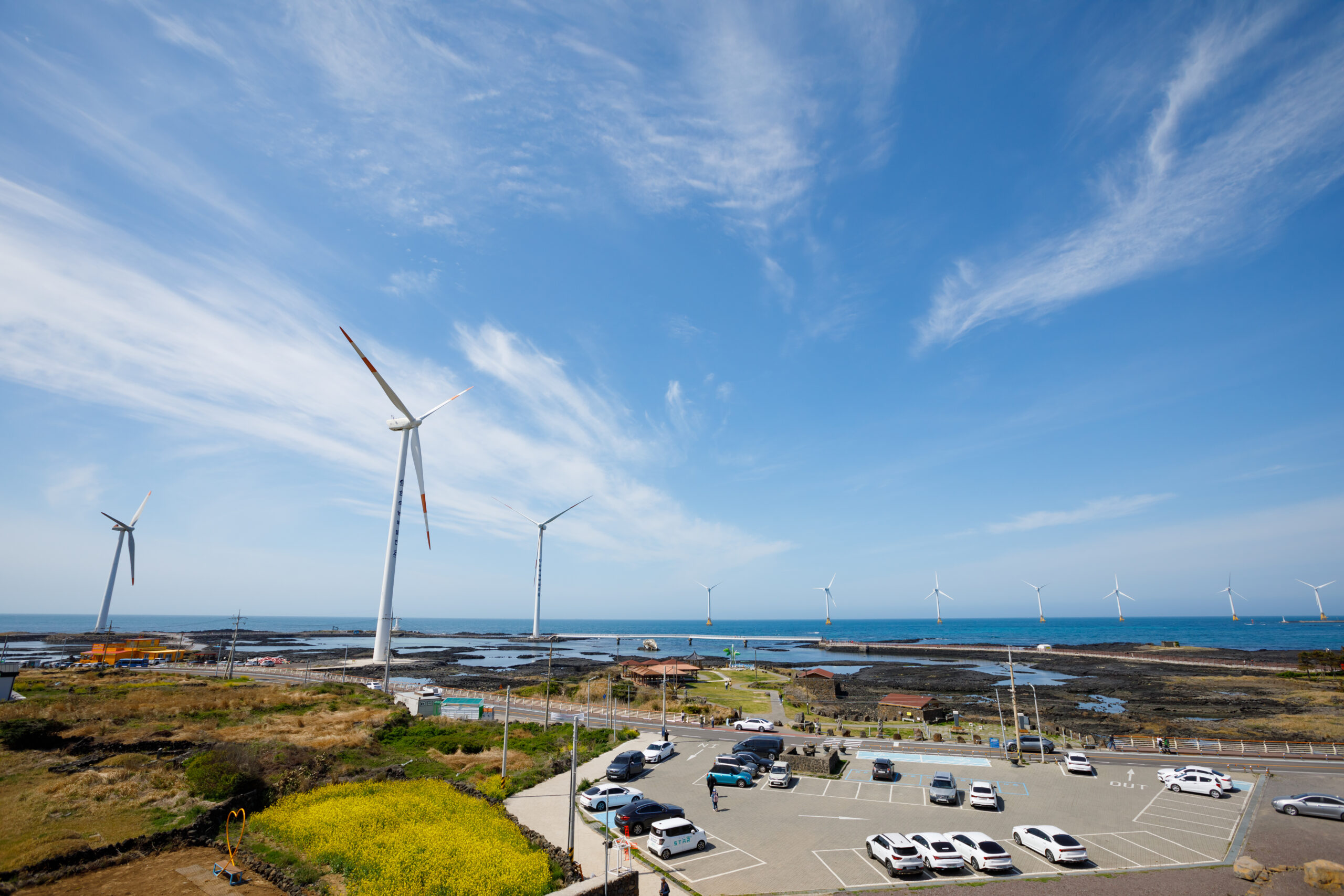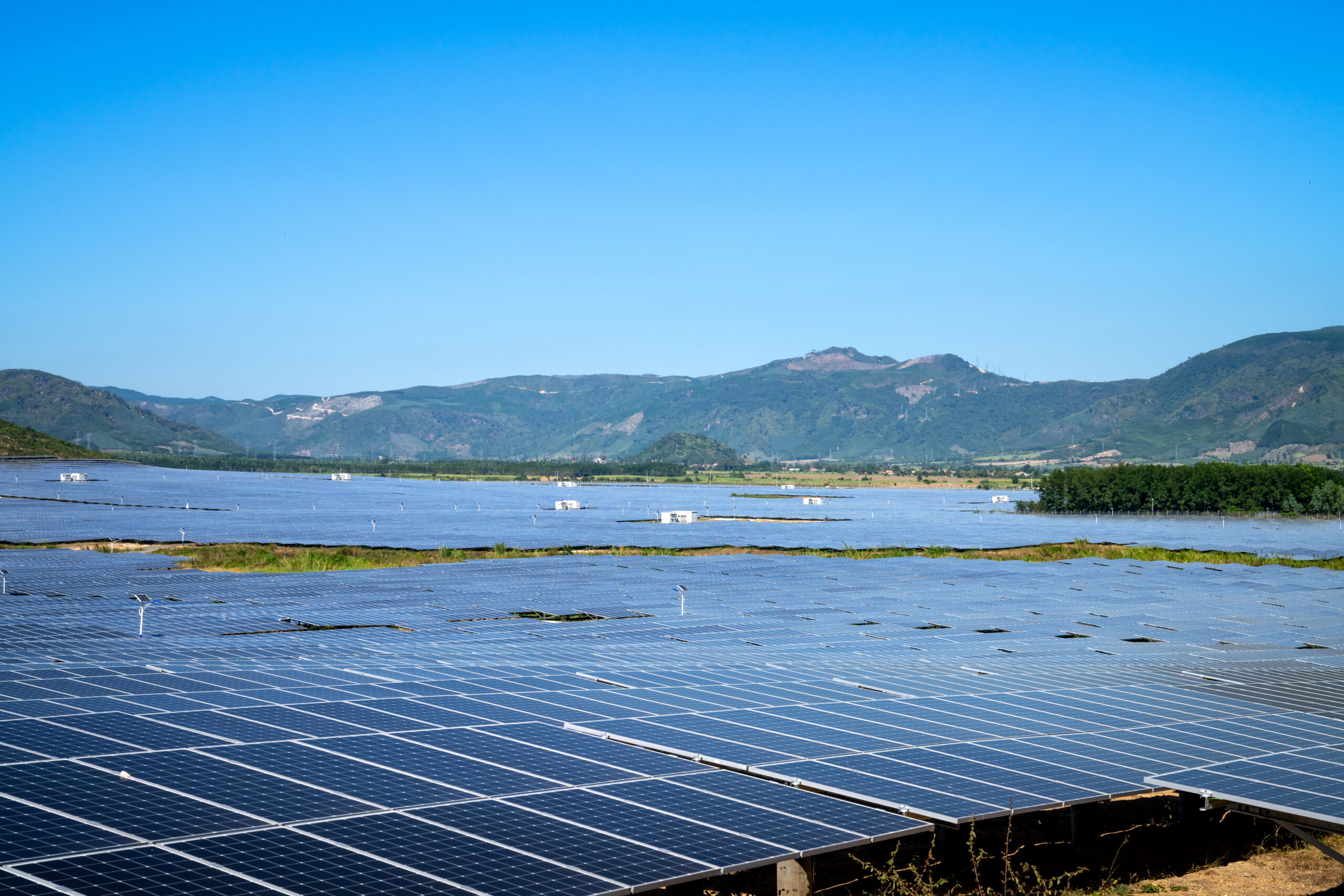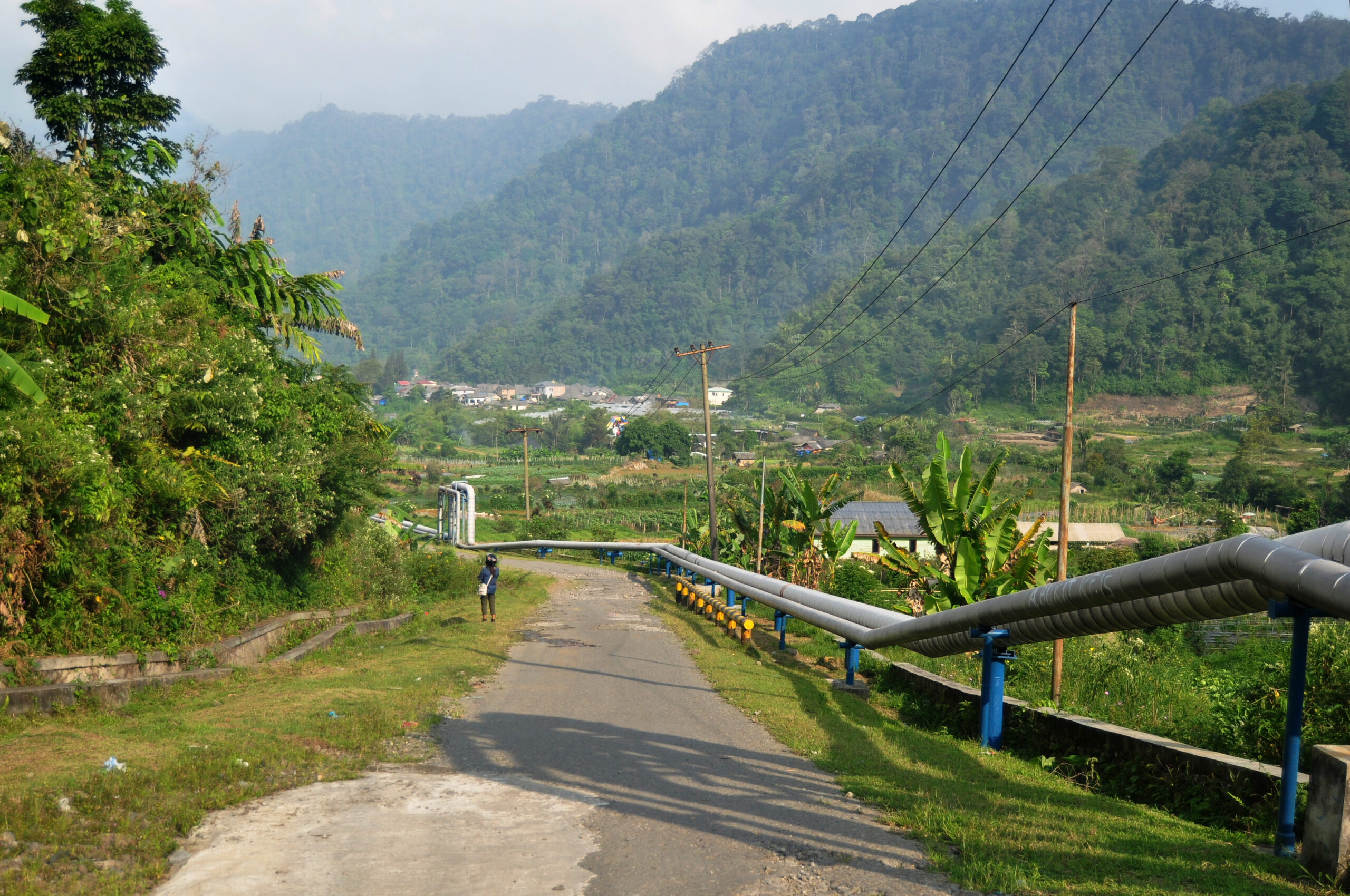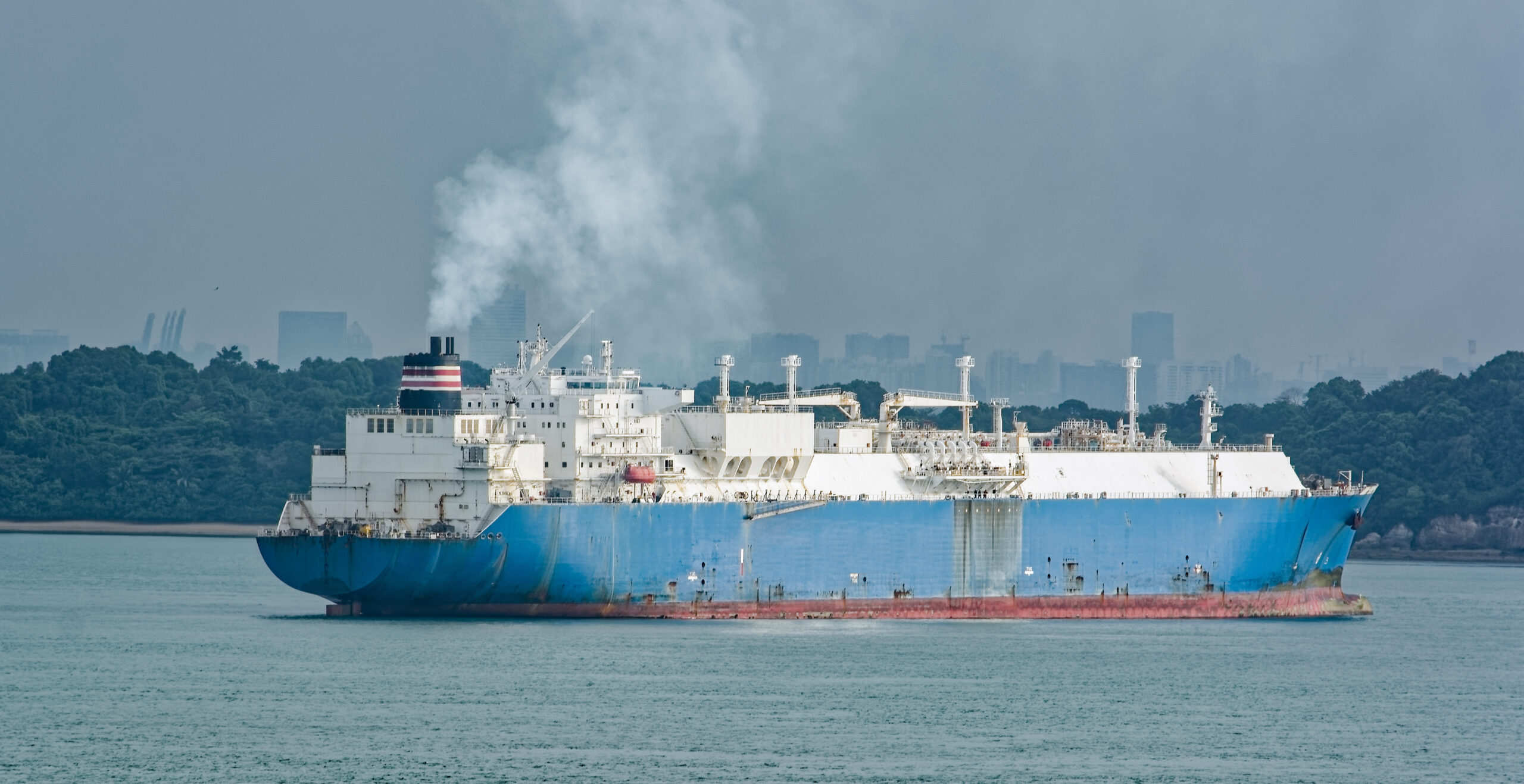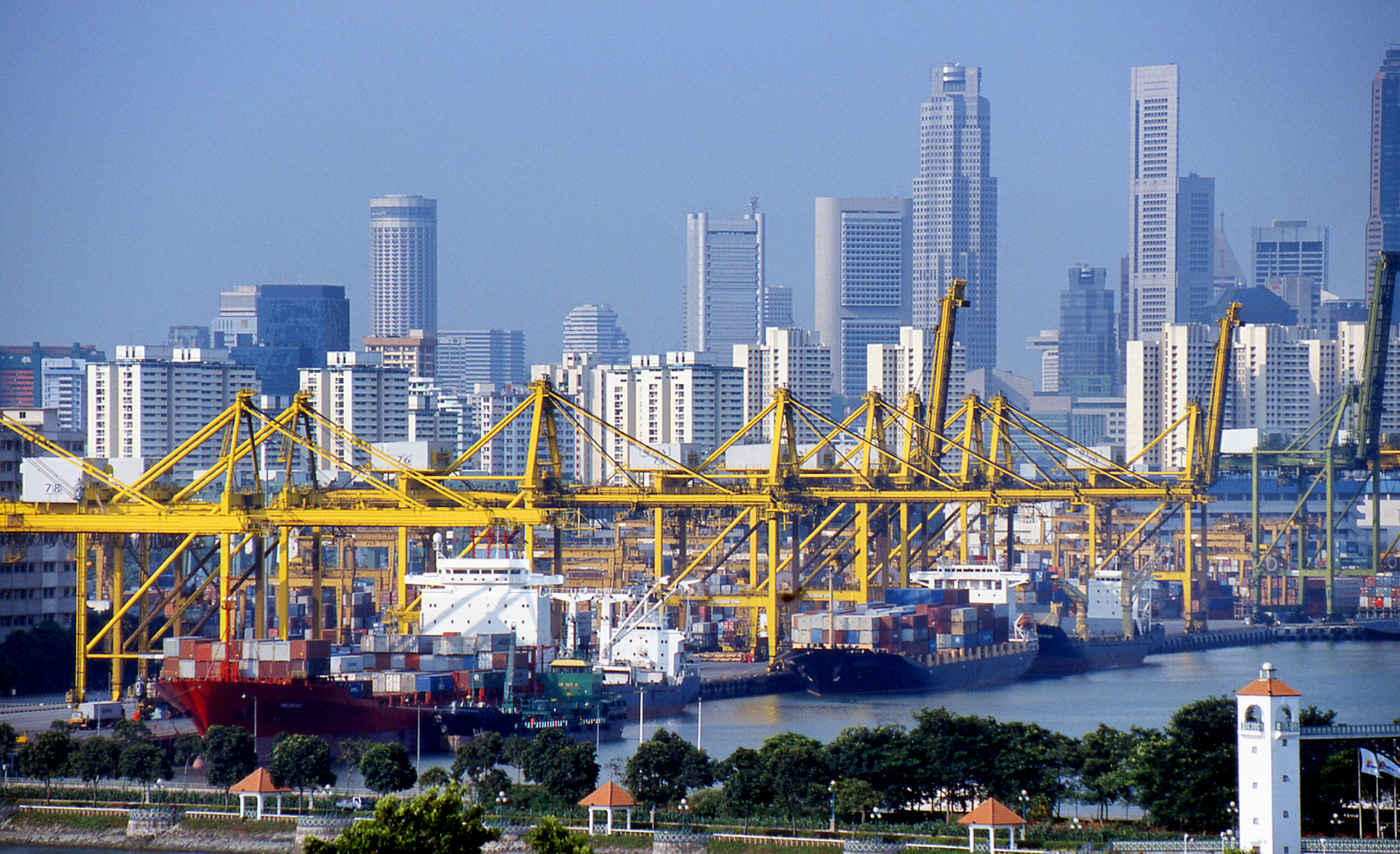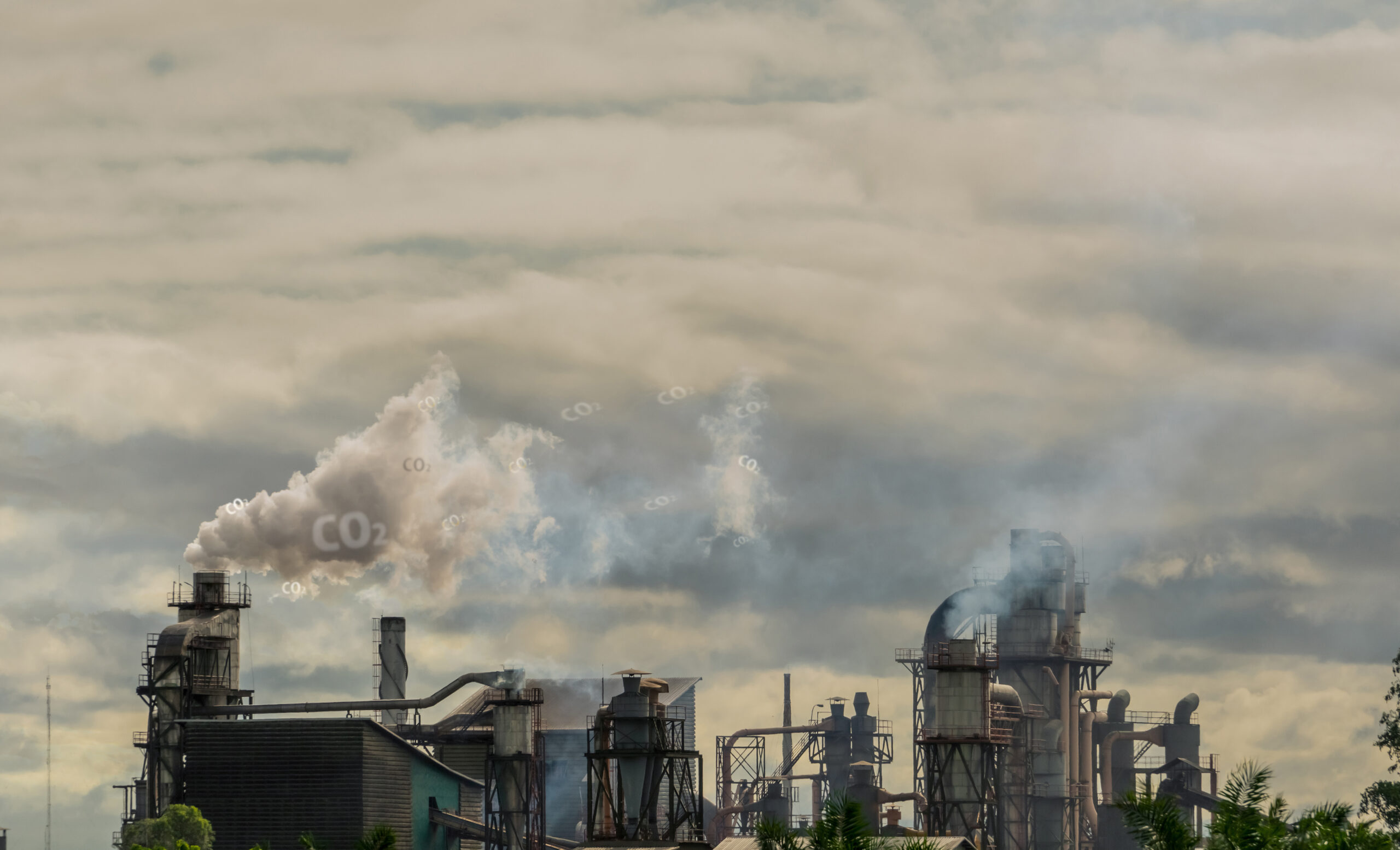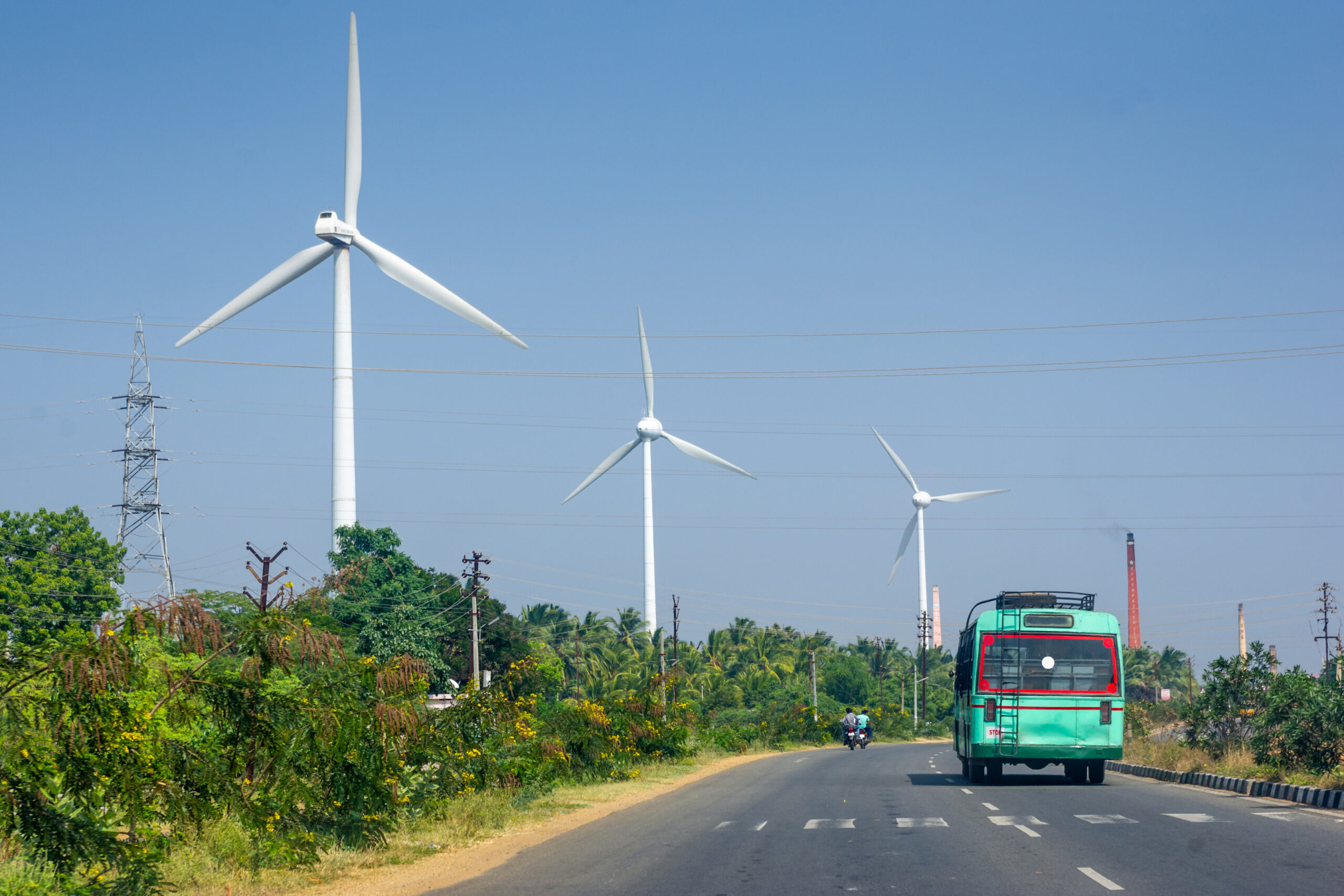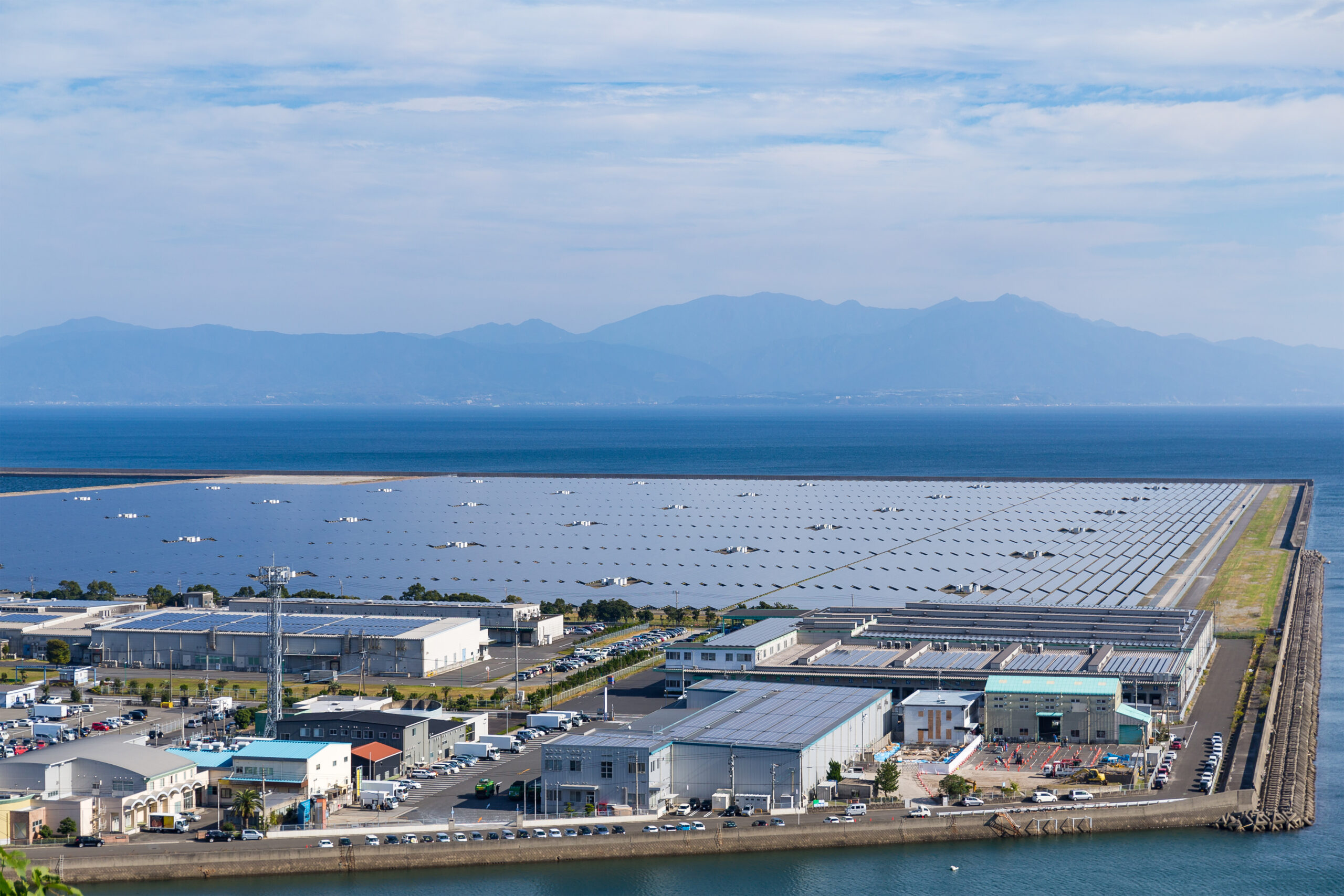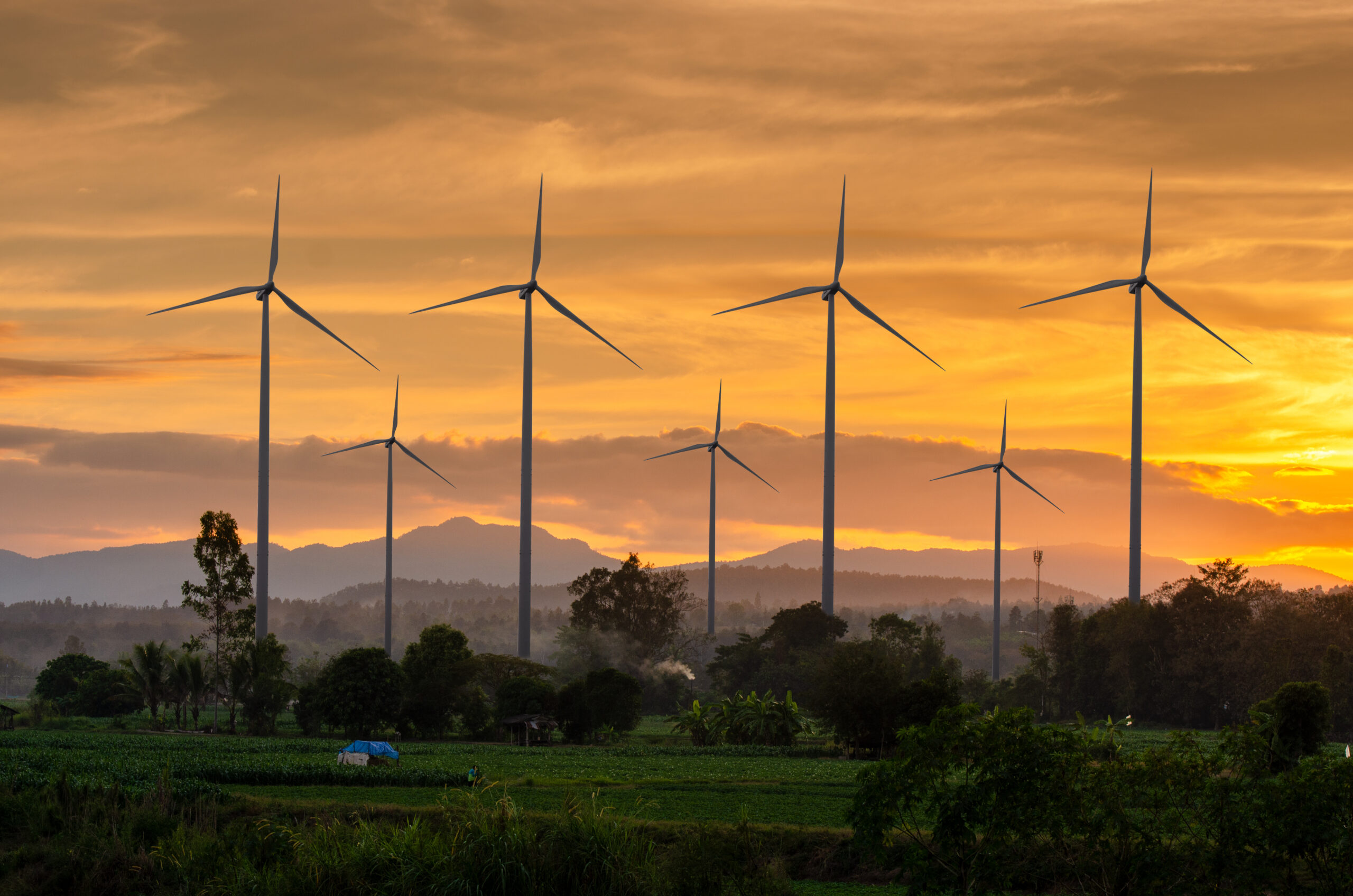Petrobangla has begun receiving bids from international oil companies keen to explore for hydrocarbons in Bangladesh’s 24 offshore blocks in the Bay of Bengal.
Japanese utilities are increasingly focused on marketing and reselling LNG overseas, new research shows, creating more competition in the global LNG market.
Last year’s COP28 provided an important framework for discussing a new energy systems order where fossil fuels would be less central, one analyst said.
Beijing’s actions in the South China Sea could derail Vietnam’s national energy plan, which aims to more than double electricity generation capacity.
Last year the Bangladeshi government already raised gas tariffs for power plants by 178.88% cent to Tk 14 per cubic meter.
Thailand and Cambodia are discussing joint Gulf of Thailand oil and gas exploration, but territorial disputes still pose a challenge.
LNG dependence has exposed the dark side of Bangladesh’s energy security over the past several months, in a country experiencing a severe gas crisis.
Bangladesh’s gas production has dropped to a decade-low level amid continuous depletion of output and lax moves to ramp up extraction.
Asia is set to account for over 75% of the global LNG market by 2050, with LNG demand reaching over 500 million tonnes per year by that date, delegates heard.
Thai gas production is stepping up despite national and international calls for the Southeast Asian nation to move away from fossil fuels.
China’s Belt & Road Initiative has been making a hard pivot from fossil fuel project investment to more renewables in recent years.
Japan has vast wind power potential that remains undeveloped, especially floating offshore, a recent report found.
The Malaysian renewables sector got a major boost recently when Abu Dhabi Future Energy Company pledged to invest US$8bn, but solar and hydropower are still being prioritised over wind in the country.
The South Korean renewables sector has vast potential for both fixed-bottom and floating offshore wind power development, say experts.
Lack of progress in breaking ground on new projects, coupled with a challenging regulatory environment for Asian renewables, is hindering the region’s progress, the report said.
For China to rein in its carbon emissions from its largest polluting segments will require massive energy transition finance, according to a new report.
Whoever wins the Indonesian election this month will have his plate full dealing with energy prices, regulation and the energy transition.
China’s Belt & Road Initiative has been making a hard pivot from fossil fuel project investment to more renewables in recent years.
Japan has vast wind power potential that remains undeveloped, especially floating offshore, a recent report found.
The report confirms other recent studies that Southeast Asian LNG is not the environmentally-friendly green transition fuel once thought just a few years ago.
Hydrogen development plans are making headway in Singapore and the new fuel has been called “low carbon” but Singapore’s hydrogen strategy is still opaque and it's unclear to what extent it might contribute to decarbonization.
Indian state energy companies have been rushing to announce net zero emissions targets but many lack a clear, realistic path to move away from fossil fuels and towards net carbon neutrality.
Some climate watchers are unhappy India has dropped bold commitments made by Modi in Glasgow last year and fear the nation will burn more dirty cheap coal to provide affordable energy to its population.
Japan's transition plans have been accelerated, including in response to the Ukraine war, but the immediate focus remains on securing dispatchable supply and keeping the lights on.
While Europe is partly accelerating low-carbon programmes to wean itself off Russian energy in the light of the Ukraine war, the picture in Asia is more mixed, with many still associating reliable energy with fossil fuels.

